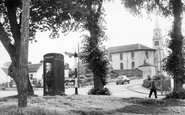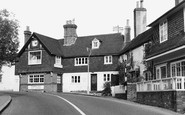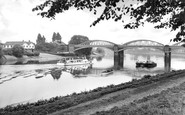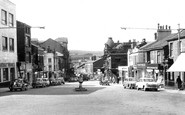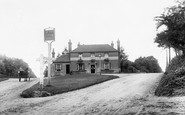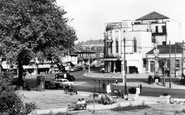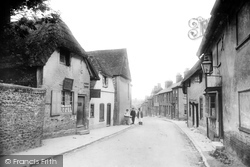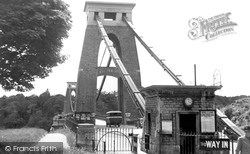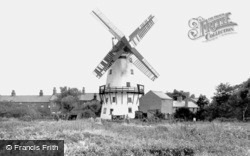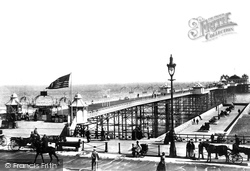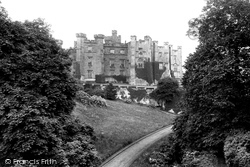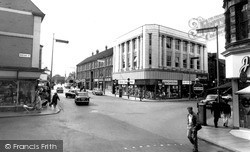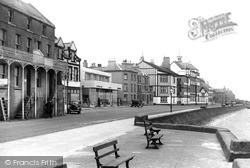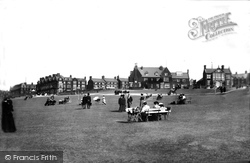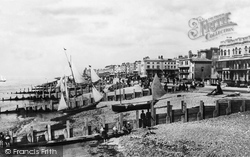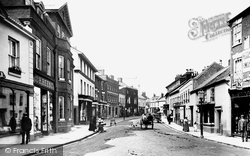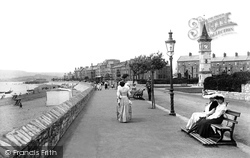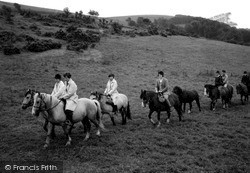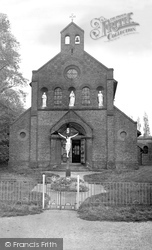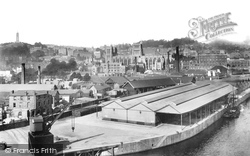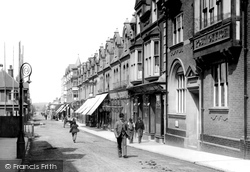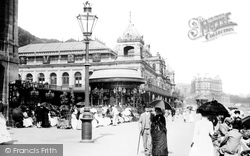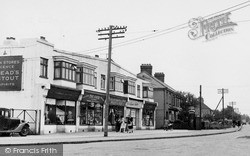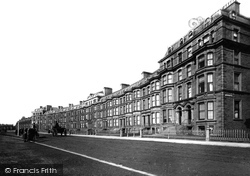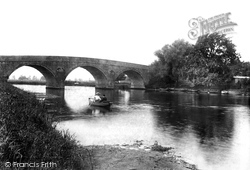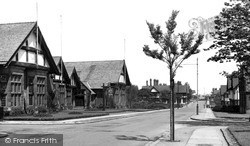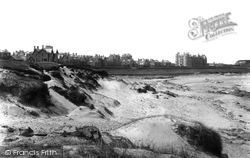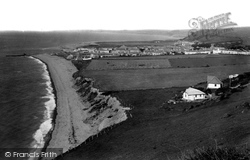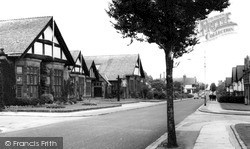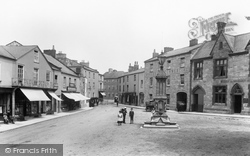Places
1 places found.
Those places high-lighted have photos. All locations may have maps, books and memories.
Photos
Sorry, no photos were found that related to your search.
Maps
22 maps found.
Books
1 books found. Showing results 145 to 1.
Memories
421 memories found. Showing results 61 to 70.
My First Visit To Eaglesham Church
My first and last visit to Eaglesham church was when i was a schoolboy at lawmuir agricultural school in nearby Jackton. I must add that lawmuir was a boarding school in those days, and pupils went there on a ...Read more
A memory of Eaglesham in 1959 by
The Lowe Family In Market Street
My great grandfather, Andrew Corden LOWE moved to Tenbury Wells about 1904 with his wife Florence "Flo" and their two little children: Douglas age 4 and my grandmother Cordelia "Queenie", age 1. He was an ...Read more
A memory of Tenbury Wells in 1900 by
Cscc Hq
The White Harte was Home to the Central Sussex Cycling Club though the 1950s, 60s and into the 70s. My connection began in 1960 at age 16 whilst still at school (at Hove Grammar) and continued for about 5 years, while I was an active club ...Read more
A memory of Cuckfield in 1960 by
The Howard Family Of Barnes And Hammersmith
My Great-Great-Grandad, Henry Howard, lived in the early 1800’s - a time of great rural depression - and so he left his Devon home to look for work in London with the result that several generations of my ...Read more
A memory of Barnes in 1870 by
Drake Street
I was born in Rochdale in 1934. I attended Champness Hall Sunday School, 1940 -52, which was situated just below the Rochdale Observer offices (on the left of the photo). It was a large Methodist Central Hall with offices used by local ...Read more
A memory of Rochdale in 1952 by
Return Of A Native
Camberley, where it all began. Where I lived half of my life so far. In your head you never leave the place you were born and raised. On a wet un-comforting day I found myself revisiting the town of my past. I was cast into ...Read more
A memory of Camberley in 1988 by
The Majestic Cinema
Between the tree and the cinema you can see the roof and top floor of one of the blocks of flats in Armfield Crescent so we did not live far from the cinema. When we were small we were given a shilling to go to the Saturday ...Read more
A memory of Mitcham in 1963 by
Good Teachers
Does anyone remember the teachers at the Sutton Primary School? The Headmaster Mr. Curwen, Mr. Andrews, Miss Staines, and Miss Walker. In those days we spent a lot of time outside in the countryside studying nature, dancing around ...Read more
A memory of Sutton at Hone in 1940 by
Willow Garth
My Grandparents Arthur and Gladys Gossop lived at Willow Garth, opposite the White Horse Pub. Grandad bought it with his Army money. He built a workshop, and began a business which included Wheelwright, Joiner and Contractor. He ...Read more
A memory of Gilberdyke in 1960 by
Saturday Morning Pictures Etc
I lived on the border of Belvedere and Erith, just off Parsonage Manor Way and used to travel to Erith by bus. I remember as a child of about 8-10 taking the 122a into Erith to go to the Odeon, Saturday Morning Pictures. ...Read more
A memory of Erith by
Captions
469 captions found. Showing results 145 to 168.
In 1904, Winchester Street became Winchester Road, where houses ceased and countryside began. Here the picture was taken with Old Winton Road behind on the right.
A competition to design its bridge was won by I K Brunel; work began in 1831, but the funds ran out, and it was not completed until 1864, after Brunel's death.
The picture shows the mill in a disused condition before restoration work began. It is now conserved complete, and is open to visitors as part of a craft workshops site.
Though it opened in 1899, the 1800-seater theatre at the southern end was not completed until 1901, a full decade after work on the Palace Pier began.
It was his son, Matthew, who commissioned the Edinburgh-based architect John Patterson to rebuild Brancepeth, and the work began in 1817.
Jax, a cheerful low-price dress shop for younger customers, replaced the more staid Co-op; Millett's, which began by selling army surplus goods, branched into camping equipment and tough outdoor clothes
Like Neston, Parkgate saw increasing trade as a port once the River Dee around Chester began to silt up.
Then building began in earnest as visitors flocked to enjoy its safe, sandy beach and bracing cliff-top walks. The new town is gathered around an expansive green.
The largest seaside town in West Sussex, Worthing began to grow as a fashionable resort towards the end of the 18th century.
Sidmouth began as a small fishing town with a bustling local market, but even these activities had begun to decline by the time the first visitors arrived in the late 18th century.
Work began on the Parade in 1780, enclosing marsh and pastureland; a more substantial sea wall was built in the 19th century.
As the importance of farming declined, and woollen stockings – the main product of the women of Tregaron – were no longer wanted, the local population began to find other means of making an income.
Work began immediately on this new church in London Road
In 1897 the Dominion Line began a weekly scheduled service between Bristol and Canada, with the result that the importation of grain through the docks expanded.
The London to Southampton railway arrived in 1838, and 'new' Woking began to develop.
This attracted the wealthy, and so began the town's development. This was probably the earliest seaside resort in the country.
This parade was built in the years prior to the Second World War, as Pitsea's houses began to inch along Rectory Road.
On the same day Blackpool Carnival Week began; this was a great success, featuring tableaux from all over the burgeoning Fylde.
Construction work on Canford Bridge began in 1793 and was completed 20 years later.
Hulme Hall began life as a women's dining hall, and now plays host to a variety of social functions, minor exhibitions and fairs.
North Berwick's popularity as a resort began in the 1840s, but as late as 1859, when HRH The Prince of Wales visited the town, there was a serious lack of accommodation for tourists.
Local gentry applied for an Act of Parliament to allow them to build a new town and to develop the harbour, and work began in 1807, when the grid of streets was laid out.
Construction of Hulme Hall began on 5 March 1900, and it was opened on 29 July 1901. It was built to serve as the women's dining hall, and could seat almost two thousand people.
Manufacture ceased in 1835 but began again in 1937.
Places (1)
Photos (0)
Memories (421)
Books (1)
Maps (22)



